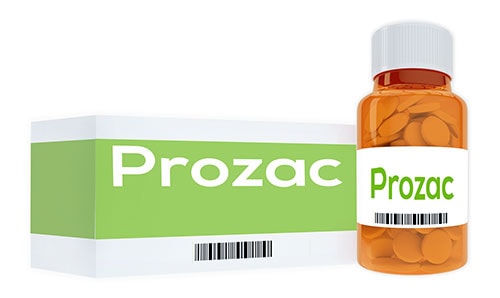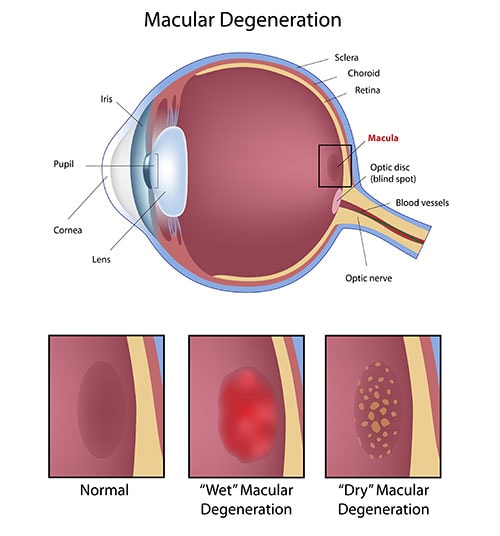
Developing a new drug from scratch is an astonishingly expensive and discouragingly long process. Production of a single drug can cost several hundred million dollars (or even billions.) Plus, the process can take up to 10 years from the start of research to final FDA approval. So, any legitimate shortcut in this process is obviously welcome.
What are repurposed drugs?
Enter the concept of drug repurposing. It means using a drug “off-label,” in unexpected ways, in order to create a new treatment for which the drug was not originally designed. Most of the time and money expended in drug development is spent in clinical trials that prove the drug’s safety, which must be conclusively demonstrated even before the drug’s efficacy is shown.
Finding a new therapeutic use for a drug whose safety has already been established by FDA approval can obviously pay huge dividends in both time and money.
Perhaps the most impressive example of such successful drug repurposing is sildenafil, which was meant to treat high blood pressure before it was marketed for an accidentally discovered alternative use under the brand name Viagra. Botox is another example: it is currently being used, off-label, to treat both depression and various forms of spasticity.
And now it appears possible that the antidepressant Prozac might eventually prevent hundreds of millions of elderly people from going blind.
What is dry macular degeneration?
Age-related macular degeneration, aka atrophic macular degeneration (AMD), is a disease of the retina that affects the vision of about 200 million people worldwide. It comes in two varieties: dry macular degeneration and wet. It is a leading cause of blindness for those over 50 years of age. There is currently no FDA-approved treatment for the so-called dry AMD, which affects about 80% of those who suffer from AMD. (The other 20% are stricken by the “wet” variety, for which there are treatments but no cure.)
AMD is caused by the death of cells in the macula, the area of the retina that controls fine vision and color perception. It appears this cellular homicide is perpetrated by tiny elements of the body’s immune system known as inflammasomes.
What is an inflammasome?
Inflammasomes are a useful armament in the body’s defense against invading pathogens. But, like many weapons, inflammasomes often harm that which they are meant to protect. The body’s natural inhibitor mechanisms frequently fail to rein in the inflammasomes’ behavior, leaving them free to run amok.
There are lots of troublesome inflammasomes, but the one that appears to cause the death of cells in the macula is called NLRP3.
The UVA School of Medicine studies Prozac and AMD

A research team led by Bradley Gelfand, of the University of Virginia School of Medicine’s Center for Advanced Vision Science, in Charlottesville, discovered that fluoxetine, a medication which has been approved (under the name Prozac) by the FDA as a frontline treatment for clinical depression, might serve as an effective weapon against rogue NRLP3 inflammasomes.
The retinal cells of mice treated with fluoxetine proved far more resistant to the conduct of NLRP3 inflammasomes than the retinal cells of an untreated control group of mice. In other words, Prozac provided the treated mice with a substantially reduced risk of vision loss.
Here’s where the study takes on the characteristics of a Hallmark movie
It turns out that a major share of the new research leading to the discovery of fluoxetine/Prozac as a promising weapon against AMD was performed by a scientist named Meenakshi Ambati. Ambati was duly accorded the honor of being named first author when the group’s study was published in the Proceedings of the National Academy of Sciences (PNAS).
Incidentally, Ambati was a high school senior when she performed the breakthrough research. After Covid-19 restrictions essentially shut down traditional research practices, Ambati searched the enormous insurance databases of two major American health insurance companies. She discovered that elderly patients who are taking Prozac suffer almost 20% fewer episodes of AMD than the general population does.
In addition to the “first author” honor, Ambati has received the far more practical reward of a $50,000 scholarship.
All this research is paying off
Two independent prongs of research have thus paid off– the research into the retinas of lab mice and the insurance companies’ metadata converged to jointly indicate that Prozac may soon be repurposed as an effective means to save the dwindling sight of millions of older people. UVA’s Bradley D. Gelfand, who has also studied repurposed HIV drugs as treatment for AMD, said:
“While we have had a great deal of success with the approach of using real-world patient data, we may have only begun to scratch the surface of finding new uses for old drugs,” said Gelfand. “It is tempting to think about all the untapped therapeutic potential of medicines sitting on pharmacy shelves.”
Why choose Assil Gaur Eye Institute for your ophthalmology care?
The professional team of ophthalmologists and optometrists at AGEI offer world-class eye care and vision correction, specializing in LASIK vision correction and treating cataract, glaucoma, and a wide variety of cornea and retinal conditions, to name a few. And, of course, AMD.
At AGEI, you will experience a state-of-the-art health care facility where experienced vision care professionals skillfully employ revolutionary technologies. Our goal is to help you achieve your personal best vision.
If you are experiencing any concerning eye symptoms, please call 866-945-2745 or visit us here to make an appointment online.
At AGEI we take our patients’ safety seriously. That’s why our facility’s Covid-19 patient safety procedures exceed all CDC recommendations.
We are conveniently located throughout Southern California and the Los Angeles area at locations in or near Beverly Hills, Santa Monica, West Los Angeles, West Hollywood, Culver City, Hollywood, Venice, Marina del Rey, Malibu, Manhattan Beach, and Downtown Los Angeles.
- What’s New in Keratoconus Treatment? A 2024 Update - 04/16/2024
- Dr. Assil and His Team Correct the Side Effects of Laser Eye Surgery - 04/03/2024
- What is ocular herpes? - 09/22/2023














